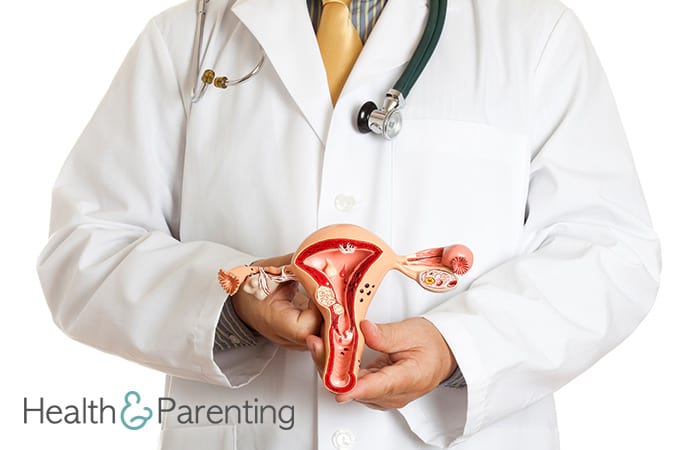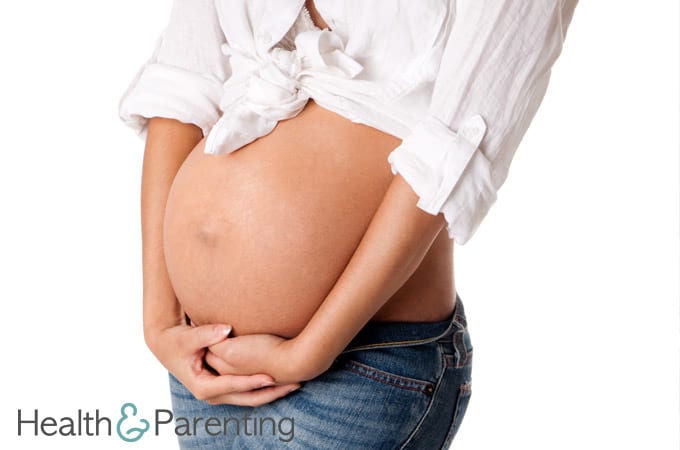And then there were two!
For most women who did not use fertility treatments, the news that they are having twins can be quite shocking, to say the least. Here you were expecting one bundle of joy – and just like that, you found out you are being blessed with two. (Or more!)
Most of the time, the amazing discovery of a twin pregnancy doesn’t occur until a woman has her first routine ultrasound. Or, until an attentive health care provider notices that either her hCG levels (through serum blood tests) are through the roof, or the height of her ‘fundus’ (the measurement of your uterus as you progress through pregnancy) is increasing more quickly than it should. Or maybe the provider thinks they may hear more than one heartbeat at the 9 week to 11 week office visit, and quickly orders an early ultrasound.
According to recent statistics from the American College of Obstetricians & Gynecologists, around 3 out of every 100 women will carry twins. Also, just because YOU are a twin, or your dad is a twin, doesn’t necessarily mean that you will have twins yourself. For instance, your chances of having identical twins (when a fertilized egg spontaneously splits in half) have nothing to do with genetics and is the ‘luck of the draw’, so to speak. However, your chances of fraternal twins (when two eggs are fertilized by different sperm at the same time) ARE often part of your genetics. If someone in your family has fraternal twins, then you have an increased chance of having fraternal twins yourself. You also have an increased chance of having fraternal twins if you have undergone fertility treatments, are over the age of 30 (because older women often tend to release more than one egg during ovulation), are African-American, or have had a multiple pregnancy in the past.
If you suspect twins early on – chances are you want to know as quickly as possible! Many women have an inkling that they are carrying twins from the beginning. In particular, many women pregnant with twins have more severe pregnancy symptoms in early pregnancy due to higher hormone levels. You also may measure larger than expected, or be gaining more weight than typical for your due date. All of these things can prompt your health care provider to schedule an early ultrasound.
Specifically speaking however – a twin pregnancy can only be accurately detected with an ultrasound. And amazingly, an ultrasound can pick up a twin pregnancy by the existence of two fetal sacs as early as the 4th week of pregnancy. Even so, many doctors will choose to wait to affirmatively diagnose a twin pregnancy until the 10-week or 12-week mark, due to the commonality of ‘vanishing twin syndrome,’ which is thought to occur when one of fetuses is not viable and is reabsorbed by the placenta during pregnancy – most often without the pregnant mother’s knowledge (and without harming the other baby).
Having twins can be a wonderful experience. Your maternal instinct may lead you to believe you are having twins just by the way you feel, and you may try to encourage your doctor to test you. However, the longer you wait for a diagnostic ultrasound to confirm that you are carrying more than one viable baby, the better off you will be in the long run.
Written By Stef, Mom of 4 @Mom-Spirational
This information is not intended to replace the advice of a trained medical doctor. Health & Parenting Ltd disclaims any liability for the decisions you make based on this information, which is provided to you on a general information basis only and not as a substitute for personalized medical advice. All contents copyright © Health & Parenting Ltd 2018. All rights reserved.

















